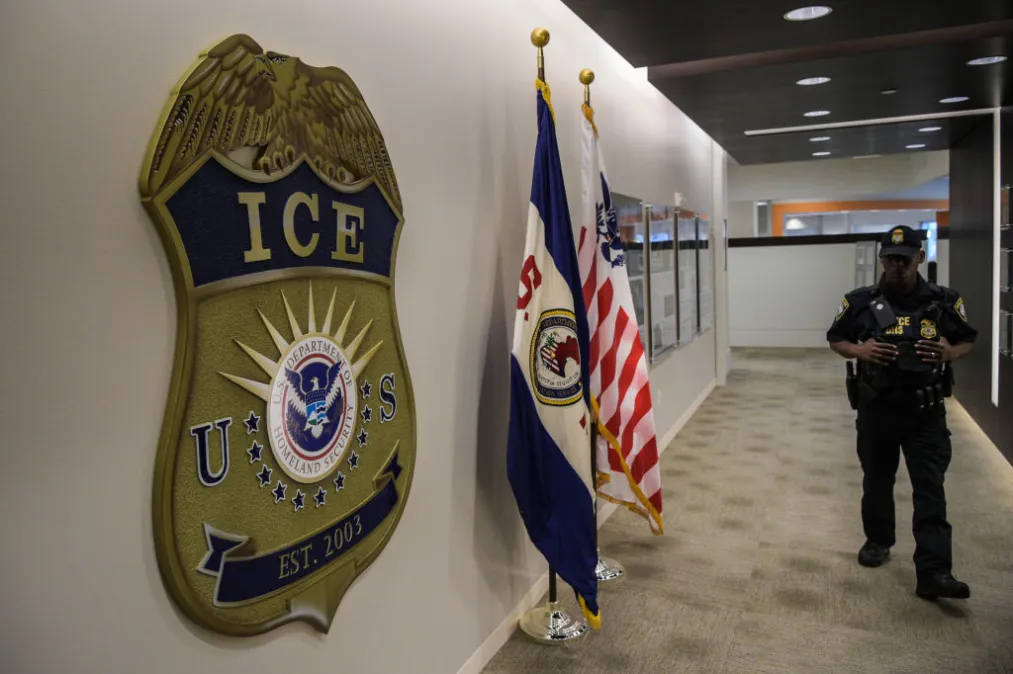ICE wants more blockchain analytics tech

Immigration and Customs Enforcement is doubling down on its investment in blockchain intelligence technology, along with other investigative platforms.
According to a notice of intent on a government procurement website, the Department of Homeland Security component aims to buy more technology from TRM Labs, which focuses on crypto risk management but also offers a bevy of forensics services for government clients. ICE this week also posted an intent to sole source similar technology from Chainalysis, which comes amid a series of planned purchases for other digital forensics tools.
Both Chainalysis and TRM Labs have myriad contracts with federal agencies, including the FBI, the State Department, the Drug Enforcement Administration, and the Internal Revenue Service.
In posting its intent to single source both TRM and Chainalysis technology, ICE is indicating there is no other provider that could reasonably provide the same services. The agency also said that it anticipated sourcing tools from Magnet Forensics, another federal contractor, and that it’s buying licenses from the digital forensics firm Volexity.
While blockchain transactions are often out in the open, the identities of those participating in transactions can be difficult to identify. To deal with this problem, a crop of companies — like Chainalysis, Elliptic, and CipherBlade — have pivoted to offering analytics services to government clients. ICE did not respond to a request for comment by deadline.
Ari Redbord, global head of policy for TRM Labs, said the company couldn’t comment on specific relationships, but noted that work with DHS typically involves looking at transnational criminal organizations that might be using cryptocurrency for activities like financing terrorism and human trafficking.
He said that human smugglers at the U.S.-Mexico border have turned to cryptocurrency to evade detection. Analytics are supposed to help track cryptocurrency transactions, even when “the actors are using obfuscation tactics or attempting to cash out through non-compliant exchanges,” he said.
“Agencies focused on border security increasingly rely on this technology to uncover the financial infrastructure behind organized criminal enterprises and prevent proceeds from fueling further crime or reaching sanctioned jurisdictions,” Redbord added. “In an immigration enforcement context, that could mean flagging crypto payments linked to smuggling routes or identifying the digital financial infrastructure behind human exploitation networks.”
A representative for Veloxity said the company’s software helps customers — government IT teams, media organizations, NGOs, and others — analyze whether they might have been targeted by a nation-state and does not focus on blockchain investigations. The representative didn’t have insight into the timing of the ICE posting.
Chainalysis directed FedScoop to an award to Homeland Security Investigations, a division of ICE. Magnet Forensics didn’t respond to a request for comment.






